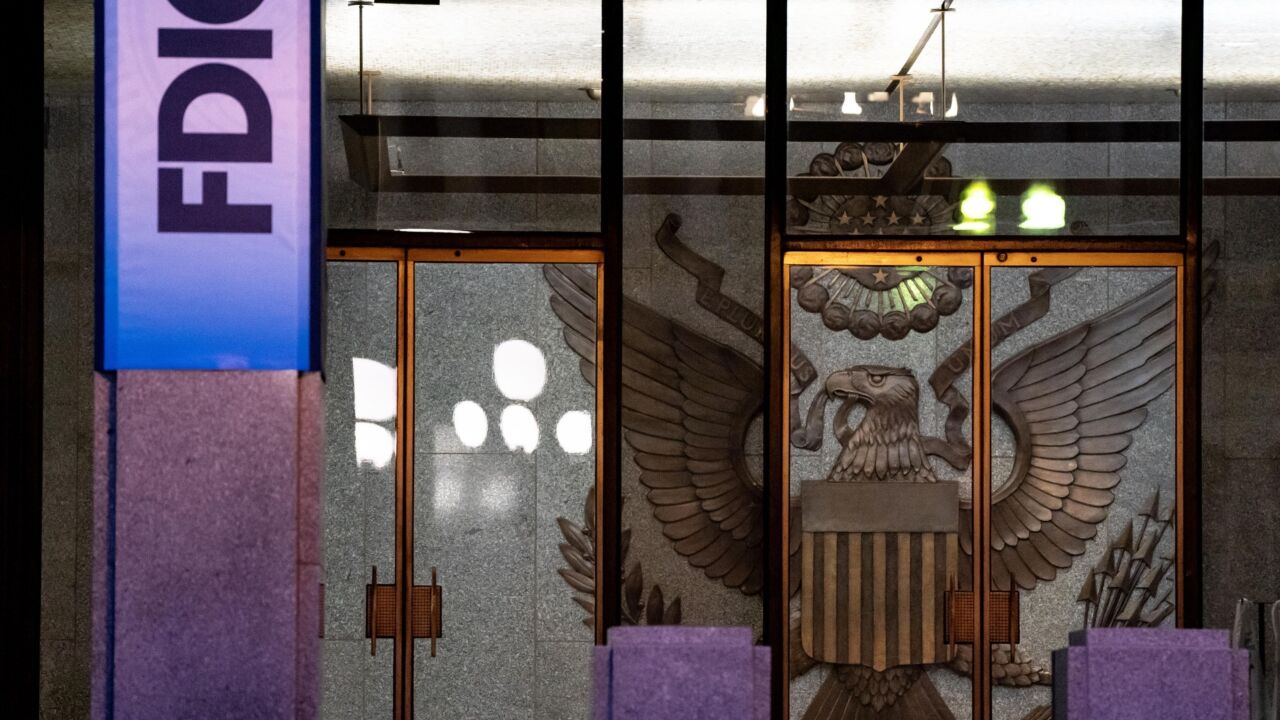-
Michael Barr's surprise announcement that he will step down as the Federal Reserve's chief regulator could ultimately mean little for the central bank's approach to regulation under the incoming Trump administration.
January 7 -
The Consumer Financial Protection Bureau finalized a rule that will remove medical bills from credit reports to end what the bureau called "coercive debt collection practices."
January 7 -
The manufactured home loan lender, a unit of Berkshire Hathaway subsidiary Clayton Homes, was accused of ignoring red flags that sent many borrowers into bankruptcy, default and ultimately out of their homes.
January 6 -
The Consumer Financial Protection Bureau's last-minute actions are expected to annoy the incoming Trump administration, which will seek to undo them, putting protections in jeopardy.
January 6 -
The president-elect has announced members of his senior leadership team at the Treasury, who'll work alongside Scott Bessent, his pick for secretary.
January 3 -
Vulnerabilities related to environmental, social and governance issues have become a serious threat vector when it comes to money laundering. Banks must recognize the danger and adapt their systems accordingly.
January 2
-
At TD Bank and some other financial institutions accused of aiding and abetting money laundering, AML and branch employees have colluded and even joked about it in instant messages. Technology is part of the answer to detecting and preventing this.
December 31 -
These banks are expected to draw regulatory scrutiny in the coming year.
December 30 -
A passivity agreement with the FDIC means that when the asset management giant Vanguard owns more than 10% of an FDIC-overseen bank, it can't seek certain levels of control over the bank's behavior.
December 27 -
The tiny community bank handled hundreds of millions of bulk cash shipments from Mexico without red-flagging any of them, the agency said. The bank has filed a motion to dismiss.
December 27








